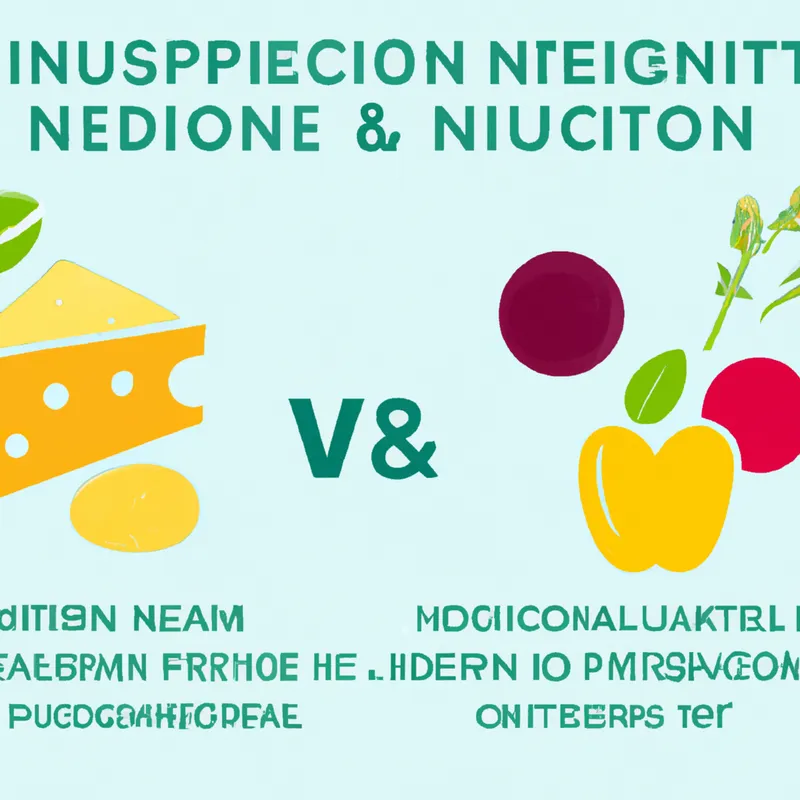Savor Every Bite: Transform Your Eating Habits
Mindful Eating Practices: Techniques to Cultivate Awareness and Prevent Overeating
In today’s fast-paced world, many people eat mindlessly. Rushing through meals, distractions from screens, and multitasking often occur. These behaviors lead to overeating and unhealthy choices. Mindful eating practices help you cultivate awareness around food. By slowing down and focusing on your meals, you improve your relationship with food. Let’s explore techniques to eat mindfully and prevent overeating.
Understanding Mindful Eating
Mindful eating is a practice rooted in mindfulness. It encourages you to pay attention to your food and the eating experience. Practicing mindful eating increases your awareness of hunger cues. You learn to savor each bite. This awareness helps you make healthier choices and enjoy meals fully.
What Is Mindful Eating?
Mindful eating means being present during meals. Focus on the taste, texture, and aroma of your food. Instead of eating on autopilot, engage your senses. This practice helps you appreciate your food and recognize when you’re full.
Why Is Mindful Eating Important?
Many people eat out of habit or emotion. Stress, boredom, or social situations trigger overeating. Mindful eating helps break this cycle. By being aware of your feelings and triggers, you make better choices. You learn to differentiate between physical hunger and emotional cravings.
Techniques for Mindful Eating
Now that we understand mindful eating, let’s explore practical techniques. These strategies will help cultivate awareness during meals.
1. Slow Down
One simple way to practice mindful eating is to slow down. Take time to chew your food thoroughly. Try putting your utensils down between bites. This tactic allows you to savor each bite and gives your brain time to register fullness.
2. Eliminate Distractions
Create a calm eating environment. Turn off screens and put away your phone. Focus solely on your meal. This practice helps you pay attention to what you eat and how it makes you feel.
3. Use Smaller Plates
Using smaller plates tricks your brain into feeling satisfied. When you serve food on smaller dishes, you may consume less without realizing it. This simple change can prevent overeating while allowing you to enjoy your meal.
Advice for Practicing Mindful Eating
Incorporating mindful eating into your daily routine may take time. However, with consistent practice, it becomes second nature. Here are additional tips to guide you:
1. Listen to Your Body
Pay attention to your body’s hunger and fullness signals. Before you eat, ask yourself if you’re truly hungry. During the meal, check in with yourself. Are you still hungry, or are you satisfied? This awareness helps prevent overeating.
2. Engage Your Senses
As you eat, focus on flavors, textures, and aromas. Notice the colors and shapes of your food. Engaging your senses enhances your eating experience and increases awareness of what you consume.
3. Practice Gratitude
Before you begin your meal, express gratitude. Acknowledge the effort that went into preparing your food. This practice fosters appreciation and helps you eat more mindfully.
Benefits of Mindful Eating
Incorporating mindful eating practices offers numerous benefits. Here are key advantages:
1. Improved Digestion
Eating slowly and mindfully aids digestion. When you chew thoroughly, your body breaks down food more effectively. This process leads to fewer digestive issues.
2. Better Weight Management
Mindful eating helps you tune into your body’s hunger cues. By recognizing fullness, you’re less likely to overeat. This awareness contributes to healthier weight management.
3. Enhanced Enjoyment of Food
When you eat mindfully, you savor your meals. This enjoyment leads to a more positive relationship with food. You find pleasure in meals rather than viewing them as just fuel.
Conclusion
Mindful eating is a powerful practice that transforms your relationship with food. By cultivating awareness, you prevent overeating and enjoy meals fully. Implement techniques like slowing down, eliminating distractions, and engaging your senses to enhance your eating experience. Remember, it takes practice, so be patient with yourself. Embrace mindful eating to discover a healthier approach to food and a greater appreciation for each meal. Start today and experience the benefits of mindful eating for yourself!
Below are related products based on this post:
FAQ
What are some practical techniques for practicing mindful eating?
Practical techniques for practicing mindful eating include slowing down your eating pace, eliminating distractions by creating a calm eating environment, and using smaller plates to help trick your brain into feeling satisfied with less food.
Why is mindful eating important for weight management?
Mindful eating is important for weight management as it helps individuals tune into their body’s hunger cues and recognize feelings of fullness. This awareness reduces the likelihood of overeating, contributing to healthier weight management.
How can I enhance my eating experience through mindful eating?
You can enhance your eating experience by engaging your senses—focusing on the flavors, textures, and aromas of your food. Additionally, practicing gratitude before meals fosters appreciation and encourages a more mindful approach to eating.















Post Comment